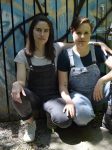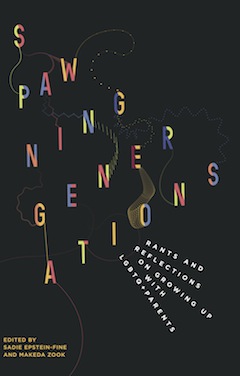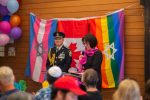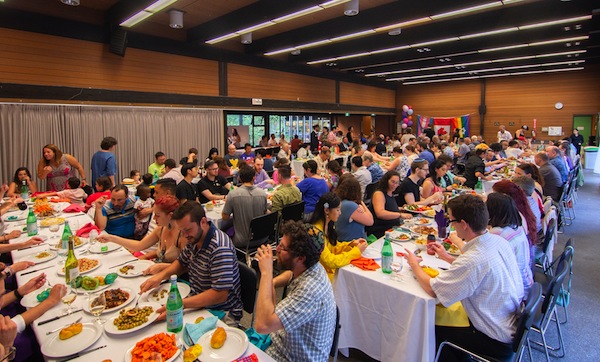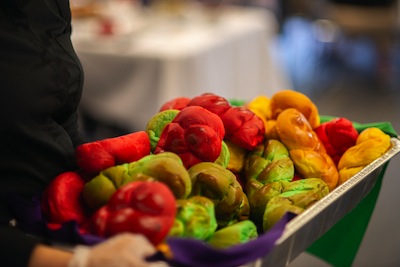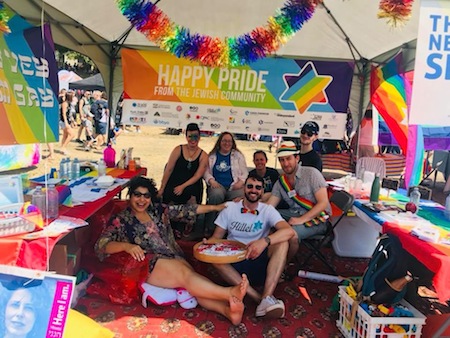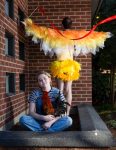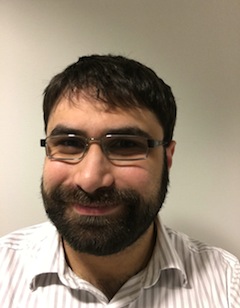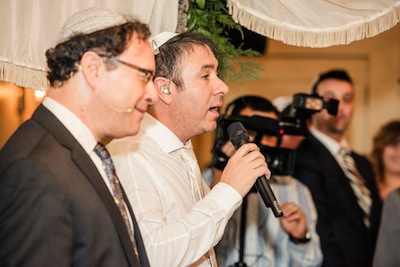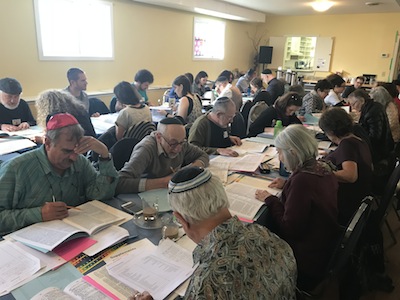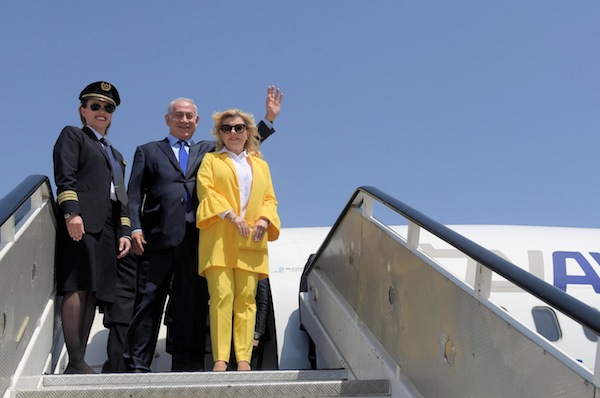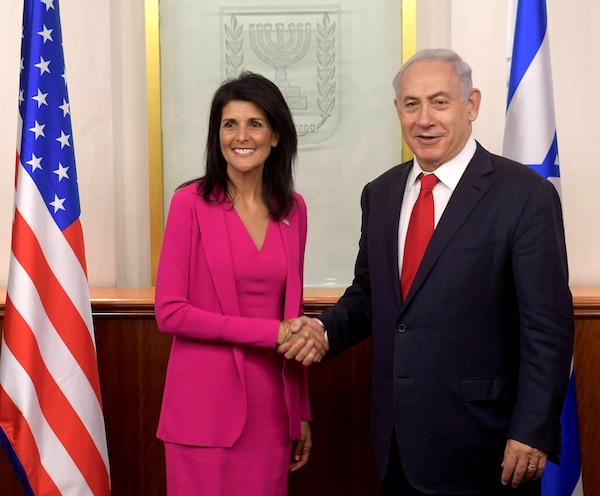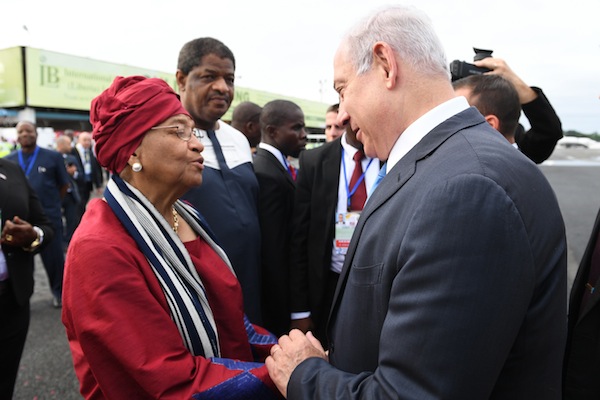A recent study indicates that Americans are increasingly tolerant of the idea that businesses should be able to refuse service to customers based on the customer’s identity.
Of those polled, 19% said that a business should be able to refuse to serve Jews, an increase from 12% the last time the question was asked five years earlier. Twenty-two percent believe that Muslims could be legally denied services, 24% said atheists should be able to be turned away and slightly fewer than one in three believe that gay, lesbian or transgender people could be denied service. Fifteen percent of respondents said that a business should have the right to refuse to serve African-Americans, an increase from 10% in 2014. Most notable is that these numbers have increased over the past five years. For example, the number of people who said gays or lesbians could be denied service almost doubled, to 30% from 16%. (The question did not include Muslims five years ago.)
The issue has come to a head on a couple of occasions, such as when bakeries have refused to provide cakes for same-sex weddings. But it is the increase in the feelings of exclusion that have grown over the past half-decade that indicate we are not in a period of unfettered progress in our acceptance of diversity.
Some economists would suggest that the market should decide the matter – a business that turns away customers may have more trouble surviving, or it may benefit from an increase in like-minded clients, but that is of concern only to its owner. Others would say, if a baker doesn’t want to bake your wedding cake because they are prejudiced against your sexual orientation, why on earth would you want to patronize them? Of course, the principle of equality goes beyond economics. Court decisions in Canada and the United States have indicated that the law will not tolerate the refusal of service to identifiable groups by a business or service that otherwise is available to the general public.
There are nuances to the discussion, though.
This year, the White Rock Pride Society claimed discrimination after the Star of the Sea Catholic church refused to rent a venue to the LGBTQ organization. Here is where things get a little more complicated. A Catholic individual – or a Muslim, or a Jew or anyone – operating a business aimed at the general public does not have the right to discriminate based on a customer’s identity. But a church – or a synagogue or a mosque – is not on par with a business that is open to the public. One has to wonder about the motivation of a gay organization approaching a Catholic church to rent space, which seems like a bit of a set-up for a discrimination complaint. But the larger issue here is that religious organizations should certainly have the right to determine who can use its facilities. Imagine, for example, an overtly antisemitic organization asking to rent space in a Jewish community centre. There is a substantial difference, of course, between one’s beliefs (being anti-Zionist or even antisemitic is a choice) as opposed to an immutable characteristic of one’s personality, such as sexual orientation.
The issue is at once simple and complex. Businesses are not individuals with human rights. They are entities created under laws and they must adhere to the laws and norms of the jurisdiction in which they operate. We might be thankful to know that, if a particular pizza maker or café owner holds antisemitic views, we can choose not to patronize them. This is an entirely different scenario than the flip side of that coin, in which a business refuses to serve Jews.
There has been a lot of commentary in recent years that the American president and others in high-profile positions have given permission to people to air their prejudices openly. A study like this is welcome because it puts quantifiable numbers to the perception of growing intolerance. This is a wake-up call to those who would ignore the warning signs of our current era of discontent. The evidence has arrived. Now, what are we going to do about it?

